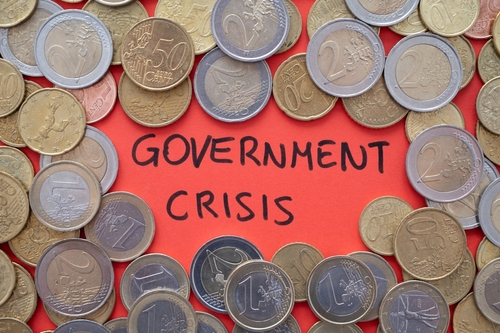This week Rishi Sunak officially took over as prime minister, seen as a safe pair of hands, to start to restore confidence following the short but explosive Truss era. He faces quite a juggling act, needing to satisfy markets as well as the many hostile factions of the conservative party. His cabinet includes a few familiar faces from both Johnson and Truss governments, but with the Treasury now firmly on a sound money footing under Jeremy Hunt. The response has been positive with bond yields and sterling both heading in the direction of their pre-mini budget levels. The calm may not last however, with investors pinning an awful lot of hope on next month’s Autumn statement. Disappointment will be costly.
Elsewhere, fresh from criticising the UK, the USA is about to undergo its own political turmoil as early voting has begun for November’s mid-term elections. With Republicans widely tipped to regain Congress, it’s worth noting many prominent Republican candidates were full of praise for the Truss/Kwarteng budget and have proposed a similar course of action. We may yet get the chance to offer some helpful advice of our own.
For the following stories, please click on this link*
- China – Xi Jinping consolidates power with a 3rd term as president
- Equities – Digital advertising seen as expendable
- Global: Strong US dollar supports US GDP, while ECB hikes rates





